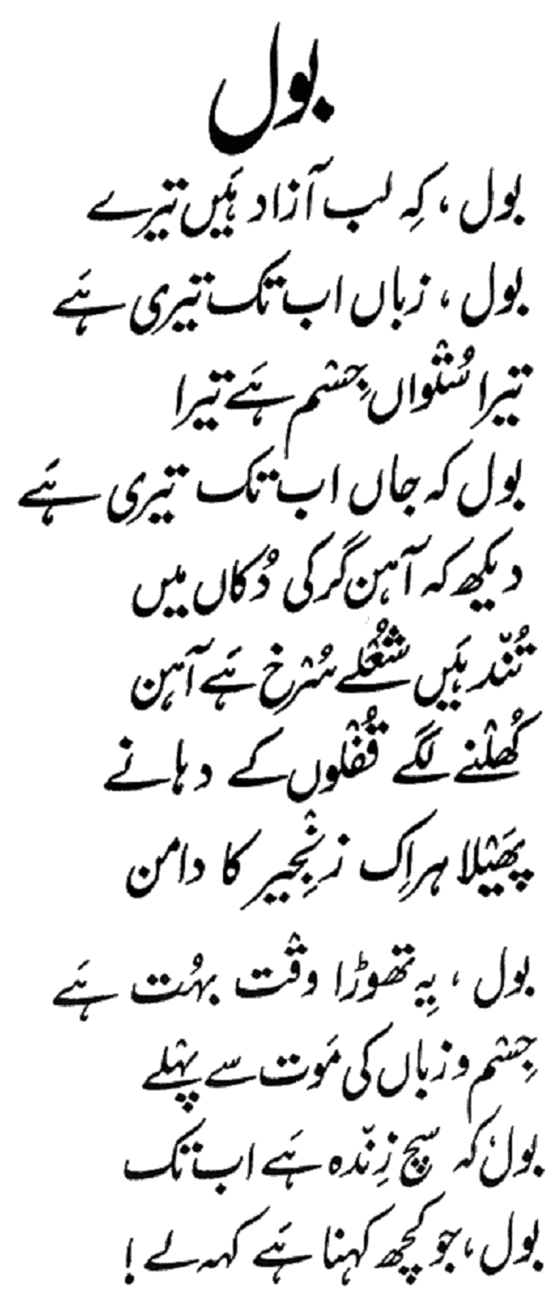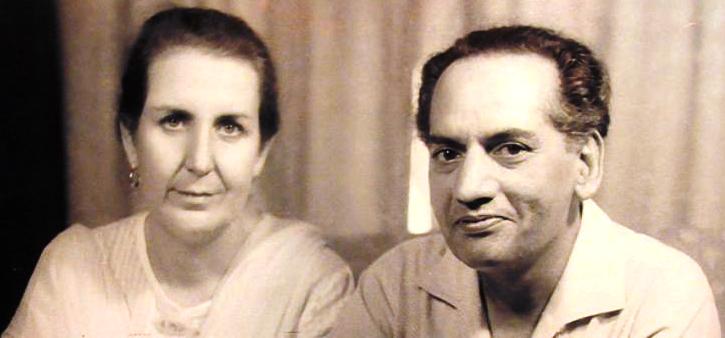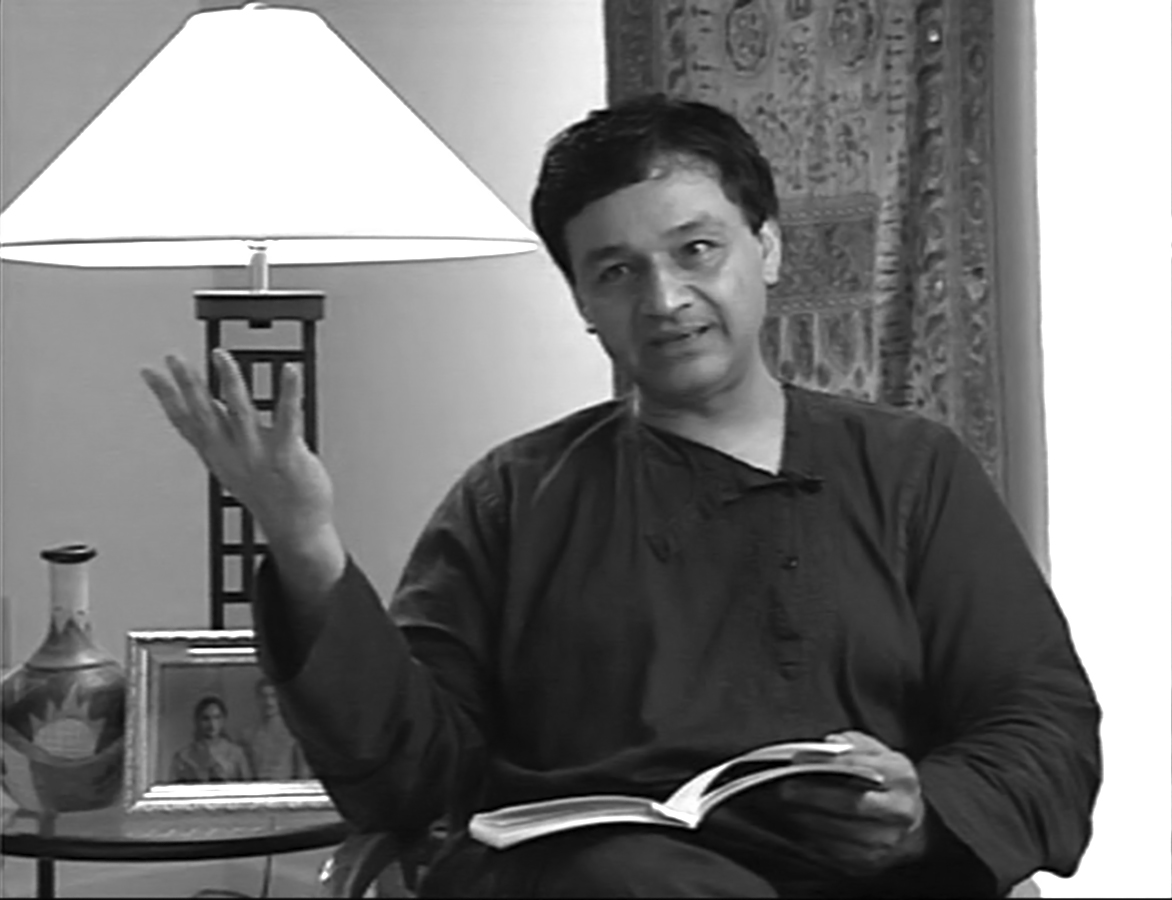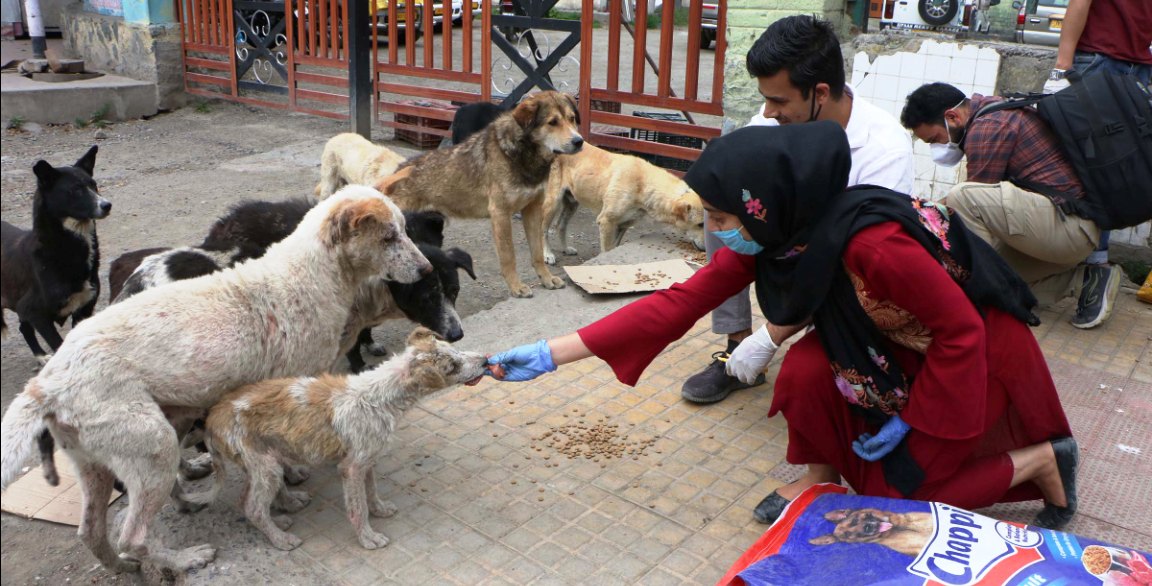by Masood Hussain
SRINAGAR: In a startling revelation, a Pakistani newspaper on Wednesday reported that one of Faiz Ahmad Faiz’s most revolutionary poem Bol Ki Lab Azaad Hein Teray were actually composed for Kashmir’s legendary leader Sheikh Mohammad Abdullah.

“Renowned music composer Arshad Mahmud, who was also a student and compatriot of Faiz’s, gave renewed energy to some of the latter’s most recited poems, performed by Tina Sani and Nayyara Noor,” Maliha Nasir reported for Pakistan Tribune from Karachi. “He reveals that Bol ke lab azaad hain teray, Bol ke jaan ab tak teri hai was a poem Faiz wrote for Sheikh Abdullah.”
“In his book, renowned Pakistani playwright and broadcaster Agha Nasir also gives anecdotal evidence of the friendship between Faiz and Sheikh Abdullah, corroborating the possible dedication of this poem,” the report added.
Deep Kashmir Connection
Faiz had very deep rooted connections with Kashmir which were the outcome of the immense activism that started from Sialkot, the Pakistani town, close to the state of Jammu and Kashmir. Then, Sialkot was the town to which Muslims from Kashmir would flee to in wake of massive exploitation of the population by an exploitative Dogra regime. Allama Iqbal also lived in Sialkot. Faiz and Iqbal were taught by the same set of teachers: Maulvi Ibrahim Sialkoti and Maulvi Meer Hasan.
“It was here that the mobilisation of the Kashmir liberation movement first began,” the newspaper reported. “Historian Ayesha Jalal writes in her book Self and Sovereignty that until the 1930s, there was virtually no indigenous resistance movement in Kashmir. This was because under the Dogra Administration, all economic activity was taxed and most Kashmiri Muslims lived in depravity due to lack of educational and job opportunities.”

Then, Kashmir lacked mass media and their news would come from Delhi and Punjab where “narratives of the left and right had a cutthroat competition”. It was this information control, according to the newspaper that led to a mass exodus of Kashmiri Muslims to Punjab and more specifically, Sialkot.
“Although these groups could not harness any real activism and lacked leadership, this lacuna was soon filled by the young Aligarh-educated Sheikh Abdullah,” the newspaper reported. “He went on to form a wing of Sialkot reading clubs in Srinagar called The Reading Room Party – another cross-border literary struggle which later morphed into the National Conference Party of Kashmir. Sheikh Abdullah’s political struggle carried on the legacy of Iqbal and the literature of Faiz. In fact, he remained a close aide of Faiz’s through the times.”
Another of Faiz’s famous poem Subh-e-Azaadi (Dawn of Independence) has also a strong Kashmir connection. Literary historians say that he started writing the poem in Lahore and concluded it in Srinagar.
“On June 3, 1947, the partition of the subcontinent was announced,” Ali Madeeh Hashmi writes in Love and Revolution: Faiz Ahmed Faiz – The Authorised Biography. “A few days later, summer vacations started…[We] came to Srinagar in August. Across the river from our houseboat was a large mansion, “Harmony”, where Dr MD Taseer and Faiz’s family were staying. Two or three days after August 14, Faiz sahib arrived there. I met him the next day at Taseer sahib’s house. Faiz, who always used to be somewhat hesitant in front of his elders, especially Taseer sahib and Bokhari sahib, remarked that he had started a poem in Lahore and finished it by the time he got to Srinagar. At Taseer sahib’s request, he recited it for us.”
Later in October 1947, Faiz and Taseer had met Sheikh Abdullah and suggested him to join Pakistan.
Marriage In Srinagar
In fact, Faiz’s marriage took place in Srinagar. The poet married Alys George, who later became Alys Kulsoom Faiz in Srinagar. The Nikkah ceremony took place in Pari Mahal, a Mughal heritage. They later stayed in the building that later became the M A Road Women’s College. Interestingly, Faiz’s host, M D Taseer, who was a college principal in Srinagar, was married to Alys’s sister Christobel.
Interestingly, the three persons who stood witness to the nikkah were Bakhshi Ghulam Mohammad, Ghulam Mohammad Sadiq and Dr Noor Hussain. Two of them led Kashmir later.

“Alys mentions how she had asked Faiz if he bought her a ring and he said he did. He said that he had borrowed money from Mian Iftikharuddin (editor-in-chief of Pakistan Times) and joked that he would not be paying him back,” the newspaper said. “The nikkah ceremony was performed by Sheikh Abdullah who posed the question in three languages: English, Urdu and Kashmiri,” she has told Faiz Foundation. The Nikkah function was followed by a small gathering and a mushaira.
Moneeza Hashmi, Faiz’s daughter visited Kashmir in 2015. On June 17, 2015, she visited the room where Mrs and Mr Faiz stayed in 1941. The college has named the partition of the historic college as Gosh-e-Faiz in the memory of the poet. She turned emotional and promised to facilitate the college library with journals, and translations from Faiz Foundation Trust, Lahore Pakistan.
Faiz And Agha Shahid
Interestingly, the newspaper reported that Faiz later extended his “creative liberties” to the Kashmiri poet Agha Shahid Ali, who translated selected poems of his in The Rebel’s Silhouette.

“Ali had requested Faiz for written approval to translate the poems which was granted after the latter returned to Lahore from Beirut,” the newspaper reported. “They had met once before, at Ali’s own house when he was still a child. Their mutual love of Begum Akhtar became a fond memory between the two.”
Ali has mentioned his exchange with the revolutionary poet in his book The Half-Inch Himalayas.
Twenty days before your death, you finally
wrote, this time from Lahore, that after the sack
of Beirut you had no address,… I
had gone from poem to poem and found
you once, terribly alone, speaking
to yourself: ‘Bolt your doors, sad heart! Put out
the candles, break all cups of wine. No one,
now, no one will ever return.”















